RVs are the gateway to adventure, offering the freedom to explore without leaving the comforts of home behind. Among those comforts, your RV refrigerator is one of the most essential appliances. It ensures you can store fresh groceries, keep beverages cold, and maintain the quality of your food for longer periods of time while on the road.
However, with so many options available, choosing the right one for your travel needs can feel overwhelming. No need to worry, though—this guide will detail everything you need to know about RV refrigerators so you can get one that fits your travel needs.
Types of RV Refrigerators
RV refrigerators fall into three main categories, each with its own features and functionalities suitable for specific needs. Understanding these distinctions is critical when selecting the right refrigerator for your RV setup.
Absorption Refrigerators
Absorption refrigerators are a common choice in RVs because of their versatility. They typically run on propane, 120V AC electricity, or can switch between power sources as needed. They use heat to drive the cooling cycle and contain virtually no moving parts, significantly reducing maintenance over time.
This type of refrigerator is ideal for long trips where access to a reliable power source may not always be guaranteed. However, they have a couple of limitations. Absorption refrigerators typically take longer to cool down than other RV refrigerators and perform less efficiently in very high temperatures. Additionally, they require proper leveling to function correctly, which could be a challenge when parking on uneven terrain.
Compressor Refrigerators
Compressor refrigerators operate similarly to residential fridges, relying on a compressor and refrigerant for cooling. These units are highly efficient, especially when operating on electricity, and they cool much more quickly than absorption refrigerators. They even deliver better performance in extreme temperatures.
These refrigerators generally run on 12V DC power, which makes them compatible with almost all RV battery setups. Some models integrate seamlessly with solar panels, making these RV refrigerators ideal for boondocking trips.
The primary drawback is that they use more battery power, potentially requiring an upgraded battery system to ensure uninterrupted operation during long trips. Compressor refrigerators are an excellent choice for RVers who frequently have access to shore power or have a reliable solar setup.

Electric Refrigerators
Electric refrigerators have gained popularity in recent years for larger RVs They rely exclusively on electricity from shore power, an onboard generator, or an inverter drawing power from the batteries. Electric refrigerators have a larger capacity than most RV-specific options, making them perfect for travelers who need extra storage for large families or longer trips.
While their interior space is generous, their complete dependence on electrical power creates a limitation for RVers who often boondock or travel through remote areas without hookups. Additionally, their larger size demands more installation space, which can be problematic in some RV setups.
Key Considerations When Choosing an RV Refrigerator
Understanding the available refrigerator types is only part of what you need to know to choose the right RV refrigerator. Getting the right one for your travel needs ultimately depends on several personal factors that vary significantly between RV owners. The following key considerations will help narrow your options for finding the refrigerator that matches your camping style and RV setup.
Size and Capacity
First, assess how much storage space you’ll need for food and drinks. Families traveling together require a larger refrigerator, while solo or couple travelers may get by with a smaller option.
Measure your RV kitchen area accurately. RV refrigerators come in various sizes, so ensure your chosen unit will fit into the designated space while leaving room for proper air circulation.
Consider weight constraints in your selection process, particularly for smaller rigs where every pound matters. Fortunately, unless you’re hauling nothing but raw meat, you shouldn’t have too much to worry about here.
Power Source
Your typical power source is another important factor to consider. If you frequently camp in areas with electrical hookups, a compressor refrigerator or electric refrigerator will meet your needs perfectly.
For those who prefer to boondock or travel to remote areas, an absorption refrigerator powered by propane offers greater reliability for these conditions. If you want a more advanced setup, you can have your solar panels provide power to a compressor fridge, giving you the best of both worlds and expanding your off-grid options.
Energy Efficiency
Energy efficiency is critical for ensuring your RV’s resources last as long as possible during your travels. Compressor refrigerators are widely considered more energy-efficient, as they operate without propane. However, if you’re traveling to areas with high temperatures, the refrigerator’s compressor will have to work harder, which will drain your battery faster.
Absorption refrigerators are efficient when running on propane, but their energy consumption rises when switched to electricity. Whichever you choose, look for models featuring energy-saving modes, improved insulation, and high efficiency ratings to stretch your resources further during extended stays away from hookups.

Budget
Price ranges vary considerably based on refrigerator type, size, and features. Absorption refrigerators tend to be slightly more expensive due to their hybrid power capabilities. Compressor refrigerators offer more affordable options for budget-conscious consumers. Electrical refrigerators vary in price but tend to be more expensive.
However, the cheapest option isn’t always the best. Inexpensive options will likely break down, forcing you to fork out more cash to fix or replace it.
Smart budgeting considers both upfront costs along with potential add-on investments and maintenance your refrigerator might require. These could include solar panels, an inverter, or battery upgrades to support certain refrigerator types. Luckily, none of these are required, so you could always get them down the road when you have the money for them.
How To Decide Which is Best for You
After weighing all of these factors, the right RV refrigerator depends mainly on your travel style and habits. For those often camping in remote areas or boondocking, an absorption refrigerator powered by propane offers unmatched off-grid functionality. Travelers staying primarily at campgrounds with access to electrical hookups will benefit from a compressor refrigerator’s superior performance and energy efficiency.
Before coming to a decision, consider what foods you typically store. If your meal plans require ample space in the fridge, a more spacious electric refrigerator might be ideal. Additionally, evaluate how much maintenance you’re willing to handle. Absorption refrigerators are sensitive to leveling, whereas compressor refrigerators are generally maintenance-free.
Lastly, think long-term. If you plan extensive or frequent trips, investing in a high-quality model with the appropriate features is worthwhile. For adventurers who hit the road sporadically, a budget-friendly solution may suffice. Regardless of the kind you choose, be sure to get it from United RV Center. Check out the RV electric refrigerators we have available online, or visit our showroom to see units in person before making this important investment to improve your comfort while traveling.


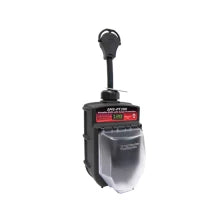
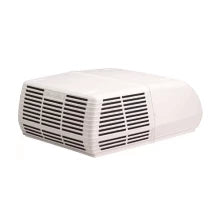
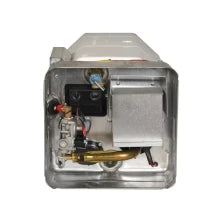
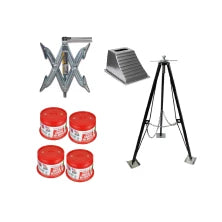
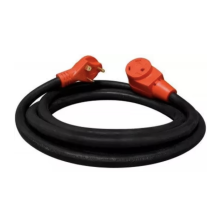
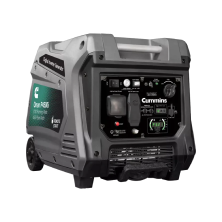
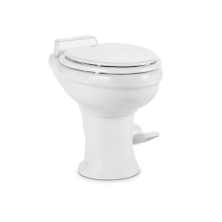
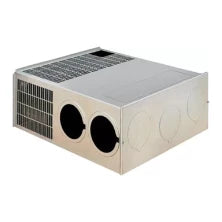
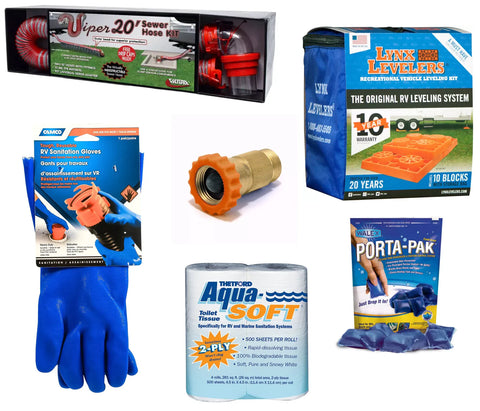
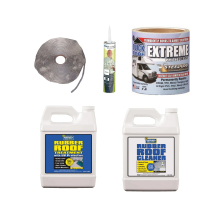
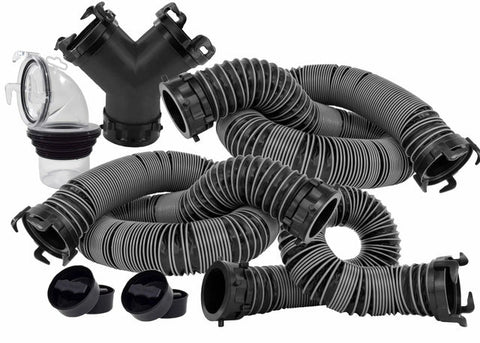
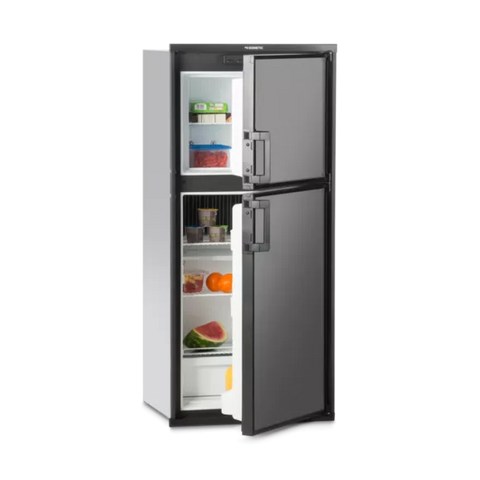
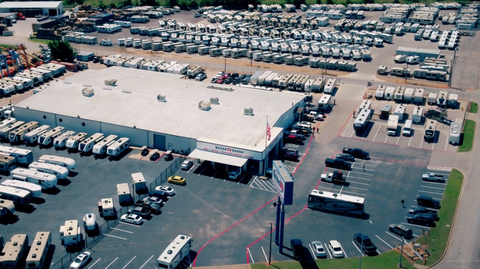
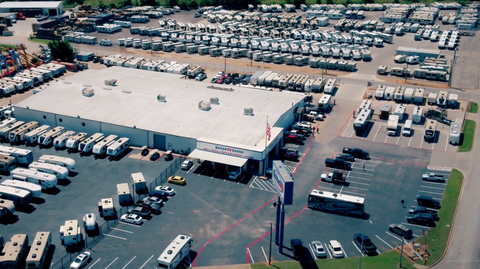
Comments (0)
There are no comments for this article. Be the first one to leave a message!